Sleep well? Sleep, you’re missing!
Problems falling asleep and staying asleep can have many causes
The most common causes of insomnia are stress at work, anger and personal problems. But the sleeping environment is also of great importance for a restful sleep. A poorly ventilated room, too much light, a squeaky bed or the snoring partner – all of these can prevent a good night’s sleep.
By the way, did you know that we turn from one side to the other around 37 times in one night and that it is completely “normal” to wake up around 28 times for less than 3 minutes in one night?
How much sleep is too little sleep?
The fact is: those who constantly get too little sleep can become seriously ill over time. The physician Dr. med. Michael Feld mentions the rule of three : If the sleep disorder lasts longer than three weeks, if it occurs more than three times a week and if you are awake for more than three hours a night, you should see a doctor.
If it just doesn’t work out with sleep, then it’s time to take action, otherwise your health, your job and your relationship will suffer in the long run.
So that we understand each other correctly: We are not talking about sleeping pills or other prescription drugs. Everyone is different, and so it can work for one that has no effect on the other. Just try it out here.
In this article you will find my collected natural sleep aids and building blocks for a restful sleep:
- Traditional home remedies that our grandparents already knew
- Medicinal plants
- Minerals, vitamins and amino acids
If you like, please add your personal tips in the comments.
Gentle help from nature: the best herbal sleeping pills for falling asleep and staying asleep
I deliberately do not give a recommendation regarding the daily dose for sleep problems. Please ask your doctor or pharmacist about dosage, risks and side effects.
Valerian
Valerian is probably one of the most famous natural sleep aids. For centuries, valerian in tea form has been used as a sleep aid, because it helps against restlessness and nervous sleep disorders. Valerian (Valeriana) belongs to the valerian family. It occurs in Europe and Asia. The name has its origin in the Latin valere = to be healthy, to be strong .
Hops
Hops and malt, God get it! Hops are not just a basic ingredient in the production of beer. Hops also work against restlessness, anxiety and sleep disorders. Hops are part of the hemp family and are used in the medical field for insomnia, restlessness and anxiety. A sensible combination of hops with valerian and lemon balm can be found, for example, in the purely plant-based sedacur forte sedatives. I’ll take it myself if I can’t fall asleep again.
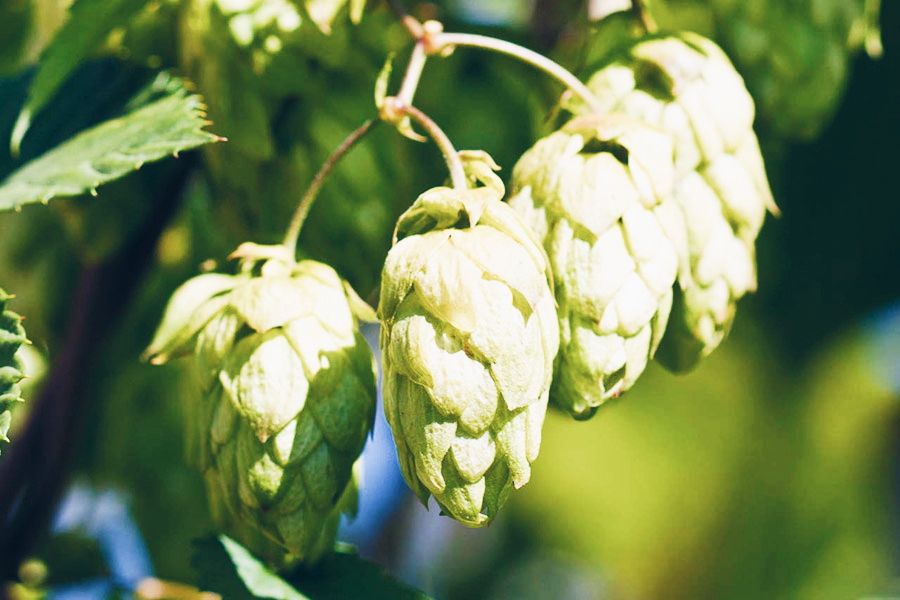
Jasmin
The scent of the jasmine plant is said to relieve anxiety, inhibit arousal and aggression and prepare the body for sleep. For example, you can put a few drops of jasmine oil in an aroma lamp or on the pillow, or put the plant itself in the bedroom. Personally, the scent of the plant is too intense for me, it gives me a headache.
St. John’s Wort
St. John’s wort has been known as a medicinal plant for over 2000 years. It helps with nervousness, anxiety, restlessness and depressive ruminations, and can also have a sleep-promoting effect. Please ask your doctor beforehand, as St. John’s wort can interact with some medications.
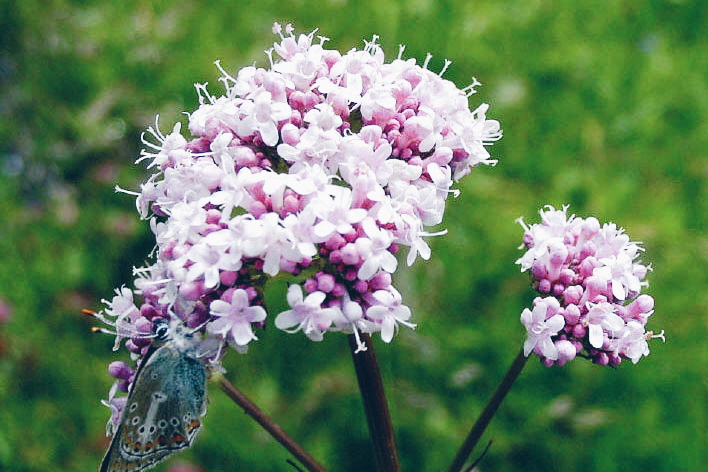
Lavender
Real lavender (Lavandula angustifolia) is traditionally used internally and externally for restlessness, anxiety, sleep disorders and nervous indigestion. I use lavender as an essential oil * in the aroma lamp * (* advertising links ). But please dose carefully. 3 drops of lavender plus 1 drop of orange are enough for the aroma lamp. There are also ready-made blends, but please make sure that you buy all-natural oils. Everyone else smells good, but doesn’t work.
Melissa
Lemon balm is effective against nervous sleep disorders and functional gastrointestinal complaints. Melissa comes from the mint family. It is widespread in the eastern Mediterranean and in western Asia. The name Melissa is derived from the Greek: meliteion = lemon balm . Lemon balm leaves have an antimicrobial and antiviral effect. Lemon balm is traditionally used for sleep disorders, support of stomach function and nervous stress.
Passion flower
It contains substances that calm the nervous system and is popular as a tea. Allegedly it complements or enhances the effect of valerian.
Sour cherry
The sour cherry is a natural source of the sleep hormone melatonin. The Montmorency variety is said to contain a particularly large amount of melatonin and is therefore the best way to help you fall asleep. Just try a glass of cherry juice in the evening.
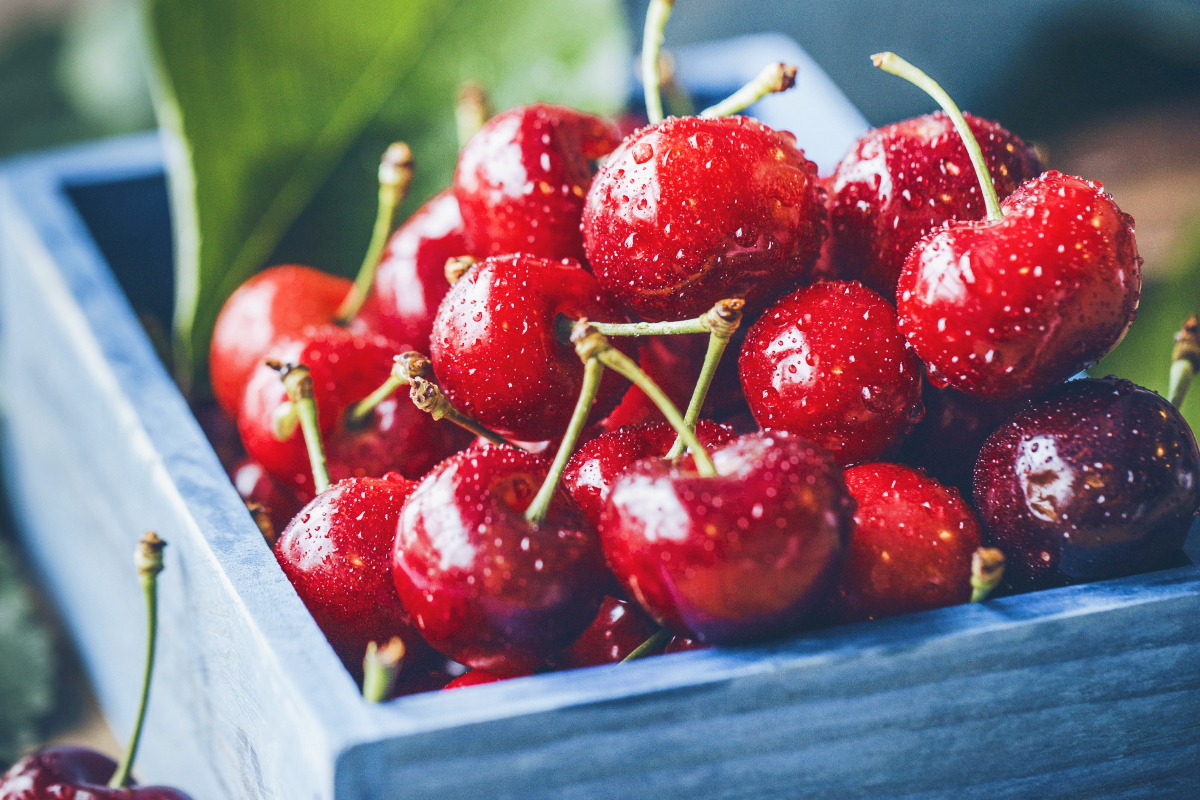
Rhodiola Rosea
Studies have shown that rose root can improve stress-related mental or physical exhaustion, as it regulates the release of stress hormones – the best prerequisite for a good night’s sleep.
The best natural sleep aids: vitamins, minerals and amino acids
I deliberately do not give a recommendation regarding the daily dose for sleep problems. Please ask your doctor or pharmacist about dosage, risks and side effects.
Alpha lipoic acid
Alpha lipoic acid helps detoxify the body and reduce oxidative stress and inflammatory responses. This can have a positive effect on sleep. Alpha-lipoic acid is an important cofactor in the synthesis of melatonin from serotonin.
Arginine
Arginine promotes blood circulation in the brain and reduces the nocturnal interruption of breathing, the so-called sleep apnea syndrome.
CBD oil
For the sake of completeness, I also include CBD oil in this list, as it is already used more frequently in the USA for sleep disorders. Cannabidiol (CBD) is a barely psychoactive cannabinoid from female hemp, so it doesn’t get you “high”. Medically, it has anti-cramping, anti-inflammatory, anti-anxiety and anti-nausea effects. Hemp oil with at least 20 percent CBD should work against insomnia.
Iron
It’s hard to believe, but we need a lot of energy to sleep. Iron is one of the most important substances for a good energy supply. A lack of iron in the body, for example due to heavy bleeding during your period, can lead to sleep disorders. In addition, iron can significantly reduce the symptoms of Restless Legs Syndrome (RLS) .
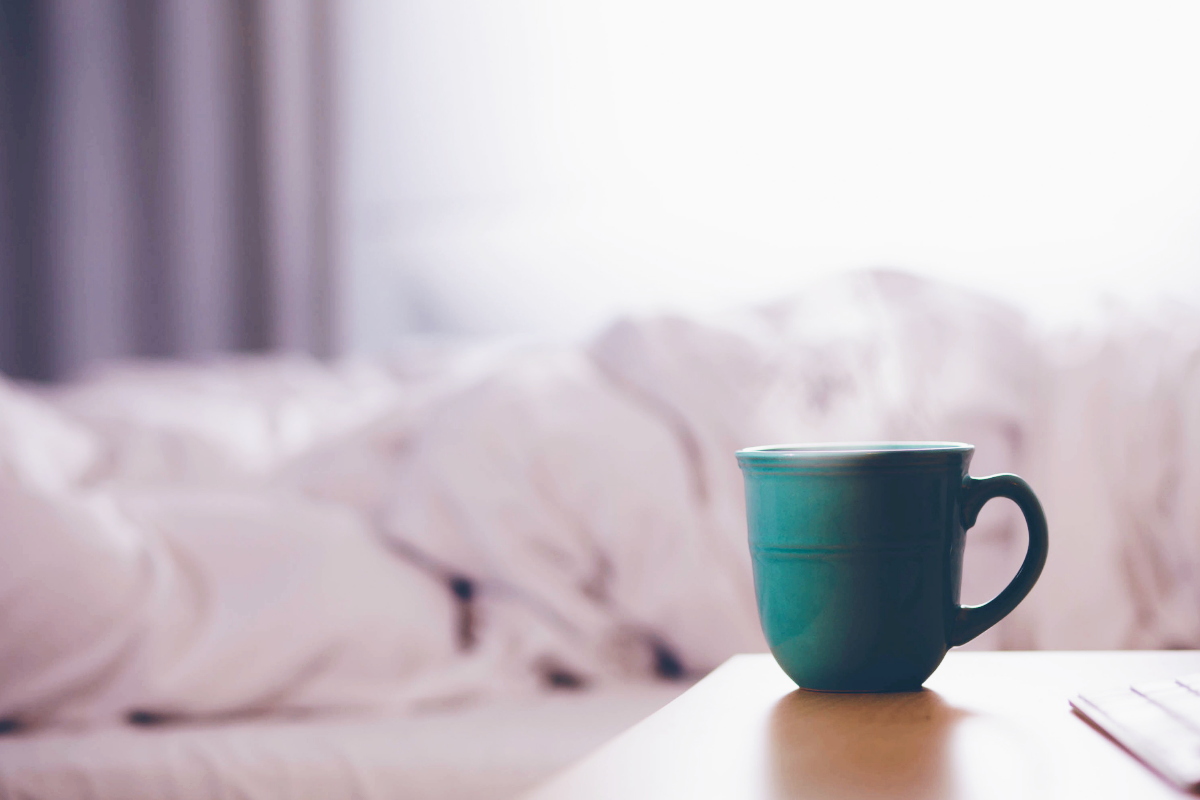
Folic acid
Folic acid is involved in the production of the sleep hormone melatonin. If the body lacks folic acid, less melatonin is produced and sleep disorders can occur.
GABA
Gamma-amino-butyric acid (GABA) is an inhibitory neurotransmitter that allows the brain and body to relax. So if you want to lie in bed and sleep in the evening, GABA can help you switch off. It has a sleep-promoting effect that goes beyond serotonin and melatonin. In the dream phases GABA paralyzes the muscles together with glycine.
More about the dream phases can be found in the following article of the sleep special: The myth of ideal sleep and 8 unmistakable signs of lack of sleep .
Glutamine
A deficiency in the α-amino acid L-glutamine can lead to inner restlessness and insomnia. Glutamine is responsible for suppressing the transmission of stimuli between different neurons. This has a calming effect on the brain.
Glycine
The amino acid glycine also inhibits the activity of the brain cells. Together with GABA, glycine is responsible for paralyzing the muscles during the dream phases. Taking glycine in the evening before bed can improve the quality of sleep.
5-HTP
5-HTP is the precursor from which serotonin and melatonin are made. However, the opposite effect can initially occur. 5-HTP wakes you up first before it triggers processes that promote subsequent sleep ”- according to a study by the University of Texas in 2000.
Inositol
Inositol is colloquially known as “muscle sugar” and is needed for the production of the happiness hormone serotonin. The body then converts serotonin into the sleep hormone melatonin. Inositol also ensures the functioning of the GABA receptors, which ensure good sleep. Fascinating how everything in the body is somehow connected!
Calcium
Calcium calms the nerve cells, is involved in the production of melatonin and ensures that GABA receptors work.
copper
When there is a copper deficiency, the waking neurotransmitter histamine reacts too strongly in the brain and makes sleeping almost impossible. In many cases, difficulty falling asleep and staying asleep occur.
L-theanine
L-theanine is a amino acid found in the leaves of the tea plant. L-theanine has a positive effect on the central nervous system (CNS) by causing the neurotransmitters GABA and serotonin to be released. Physical and mental stress is reduced.
L-tryptophan
L-tryptophan is an amino acid that is essential for the human body. It must be ingested through food. Protein-rich foods such as soybeans or oatmeal are particularly suitable for this, but also peas, salmon, walnuts and cashews. L-tryptophan promotes the formation of the sleep hormone melatonin and the happiness hormone serotonin. The amino acid L – Tryptophan is available in Germany in pharmacies without a prescription. Please ask your doctor or pharmacist about the dosage.
Magnesium
Magnesium has a calming effect on nerve cells and is an important cofactor for the synthesis of GABA. The enzyme that converts glutamate into GABA does not work without magnesium. Magnesium deficiency can also trigger the symptom of “Restless Legs” and nightly calf cramps.
When you buy magnesium, you always get a magnesium compound , i.e. magnesium that is connected to another substance, e.g. B.
- Magnesium citrate: Magnesium bound to citrate, the salt of citric acid
- Magnesium glycinate: Magnesium bound to the amino acid glycine
So if you take one of these magnesium compounds, you will not only feel the effects of the magnesium, but also the effects of the substance with which your magnesium is connected. I am only presenting the two magnesium compounds that have a positive effect on sleep quality:
Magnesium glycinate goes faster into the brain and has more of an effect on the nervous system, so it is appropriate for nervous tension and sleep disorders. Taking magnesium in the evening is ideal, as it can then develop its calming effect.
Magnesium citrate works more in the muscles and is therefore better suited for athletes and restless legs syndrome.
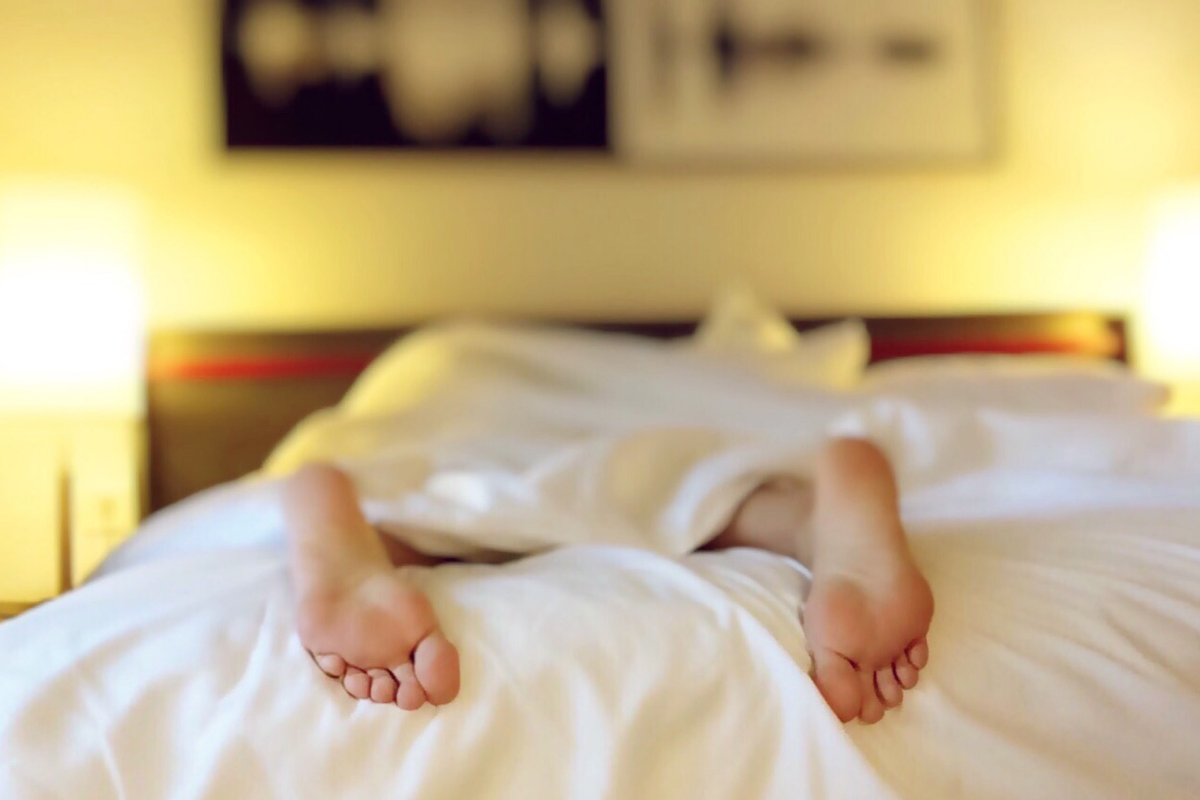
Melatonin
The hormone melatonin plays a central role in the day-night rhythm. The pineal gland in the diencephalon releases it at night in the dark – you get tired. In the light of the morning, the discharge drops – a signal to wake up. When taking melatonin as a sleep aid, depression, headache, dizziness and insomnia (!)
Can occur as side effects. Long-term studies on risks are lacking, so it is more advisable to supply the body with the substances that are needed for the body’s own production of melatonin: T-tryptophan, B vitamins, magnesium, alpha-lipoic acid and enough proteins. Taking melatonin can help with jet lag. However, study data are not yet sufficient for a clear recommendation. Anyone considering it should consult a doctor.
Niacin (Vit. B3)
The B3 vitamin niacin is required for the formation of the happiness hormone serotonin, which becomes the sleep hormone melatonin after two further synthesis steps. If the body lacks niacin, symptoms such as loss of appetite , irritability and concentration or sleep disorders can occur.
Vitamin B12
How could it be otherwise: Vitamin B12 is of course also involved in the production of the sleep hormone melatonin. A deficiency in vitamin B12 can also lead to sleep disorders.
Vitamin C and E
Vitamin C and Vitamin E reduce the level of cortisol in the blood. We remember: Cortisol is the stress hormone. The administration of vitamin C and vitamin E reduces cortisol and GABA can be produced undisturbed.
Vitamin D3
The body needs D3 for the production of the sleep hormone melatonin.
Zinc
The trace element zinc ensures that the nerve cells understand the rest signal from GABA. Zinc strengthens the immune system, and a healthy body sleeps better. Zinc deficiency is now widespread because our food does not contain enough zinc. Vegetarians and vegans are particularly affected by zinc deficiency, as zinc can be better absorbed from animal products.
Home remedies – what grandmother already knew
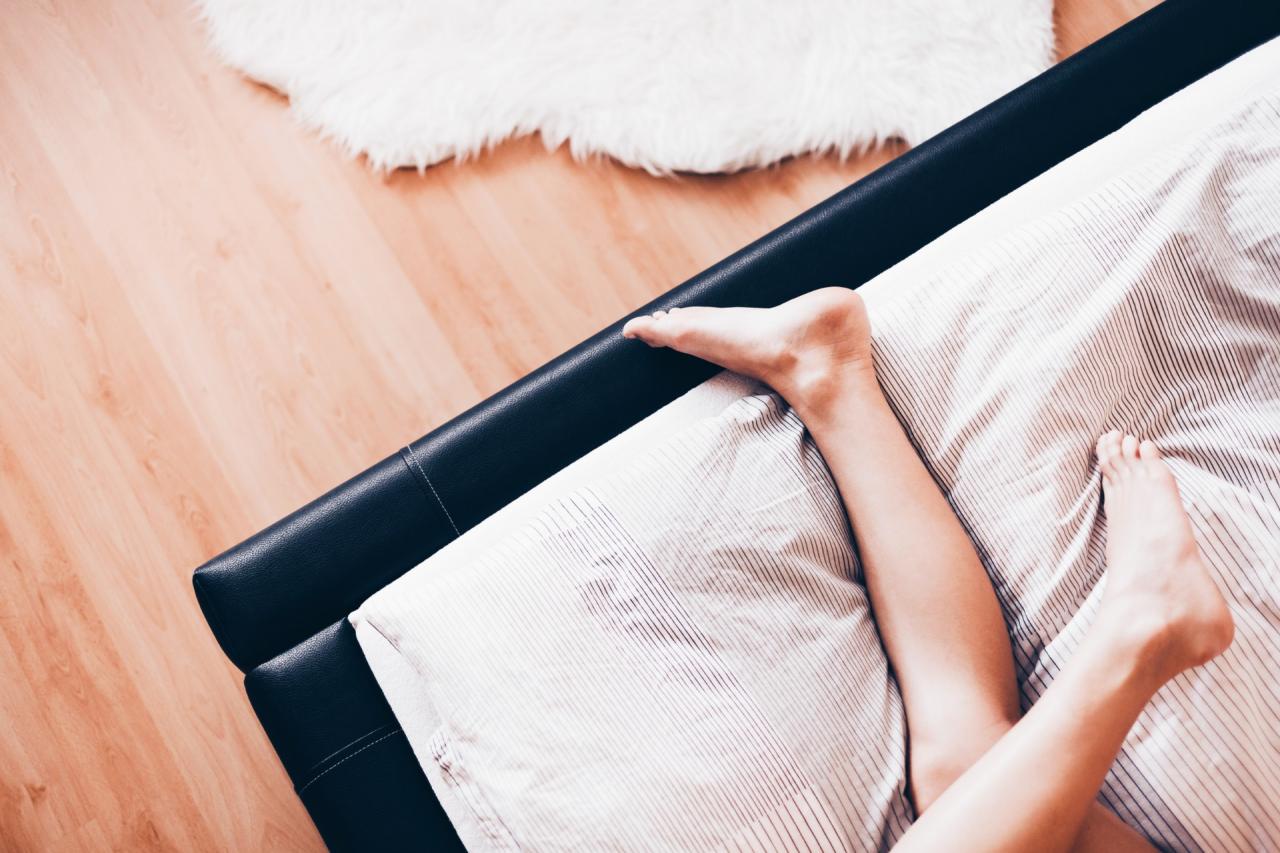
Rituals
What works for children also works for adults: the sleep ritual. That could be the evening walk around the block, a relaxing CD, a nice book, or a glass of milk with honey. What relaxes is allowed.
Hot milk with honey
Probably the oldest remedy that Grandma already knew: hot milk with honey. Milk contains a certain amount of the amino acid L-tryptophan, a precursor of the sleep hormone melatonin. Hot milk with honey can make it easier to fall asleep, but it has a limited effect and brings in additional calories. Incidentally, real cocoa has the same effect. Delicious, but not my favorite.
Herbal pillow
Currently in fashion again. I have a lavender pillow, but you can also fill it with other dried herbs, such as oregano, lemon balm, orange blossom, rose petals or pine wood chips.
Evening bath
Relaxes and makes you really tired. Again, you can add essential oils that you have previously dissolved in a cup of cream. Smells good, makes skin tired and soft to the touch. For example, lavender, vetiver, hops, ylang-ylang and valerian are suitable.
earplugs
Part of the standard equipment in my hotel. There are now the little helpers made of various materials and in fun colors. I prefer earplugs * ( advertising link ) made of foam, they are nice and soft.
Wake up at night? Get up!
If you wake up at night and cannot get back to sleep, it is best to get up. Brooding is useless and you can’t force sleep. Clean up, read a book, and don’t go back to bed until you’re tired.
Help us: Together against insomnia
You sleep badly too? Then help create this sleep special! Write your tips and questions about sleep in the comments section below this article. I’m curious!

